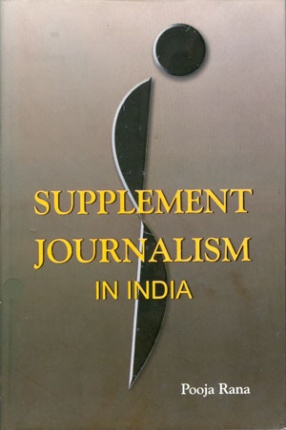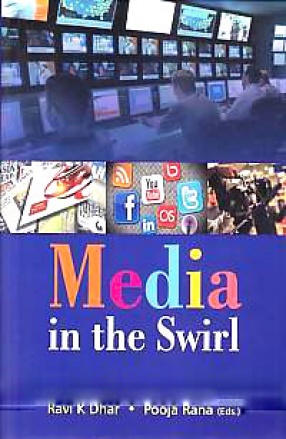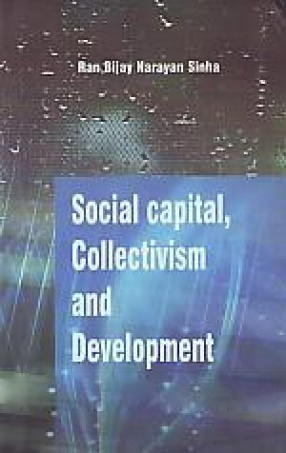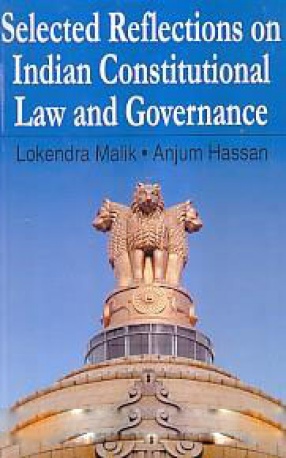Supplement journalism in India emerged in the wake of paradigmatic changes in its economic structure in 1991. From a command economy, India shifted gears to a market driven economy, liberating the sapped business potential in its private sector. The emergent India Incorporated, as it came to be called in popular parlance, rode high on the shoulders of the pliant and resilient advertising industry. The spurt in advertising budgets fuelled the rise of supplement journalism. As the phenomenon was new, it attracted a lot of cynicism and criticism from the academia, but hardly and well-researched critique.
This book is a pioneering attempt to understand the phenomenon of supplement journalism in post-liberalized India. The study examines this phenomenon in terms of two leading Indian dailies, The Times of India in English and Dainik Bhaskar in Hindi, both with the highest circulation figures in their respective language segments.
The study is embedded in the cultural context of Gurgaon, a part of the metropolitan capital region of Delhi, the capital of India, and Hisar, a part of the Hindi heartland/hinterland of Haryana state of India. The former a representative of modernized gesellschaft society and the latter, of a tradition-bound gemeinschaft community. This dialogic cultural perspective informs the textual content analysis of the supplements of each of these two newspapers and the analysis of the survey brings out the supplements readers perceptions and expectations.
The book highlights the wide diversity of content brought in by supplements, as against the mono-theme of national politics in newspapers. It examines the impact of this polyphony in newspaper content on their formal characteristics. At the theoretical level, the book shows how supplement journalism caters to three major players-the advertiser, the media house and the reader /consumer-through the segmentation of information and fragmentation of mass audiences into identifiable homogeneous sub-groups.
Students and teachers of journalism as well as social science research scholars should benefit from the wealth of well researched information on supplement journalism in this book.









There are no reviews yet.